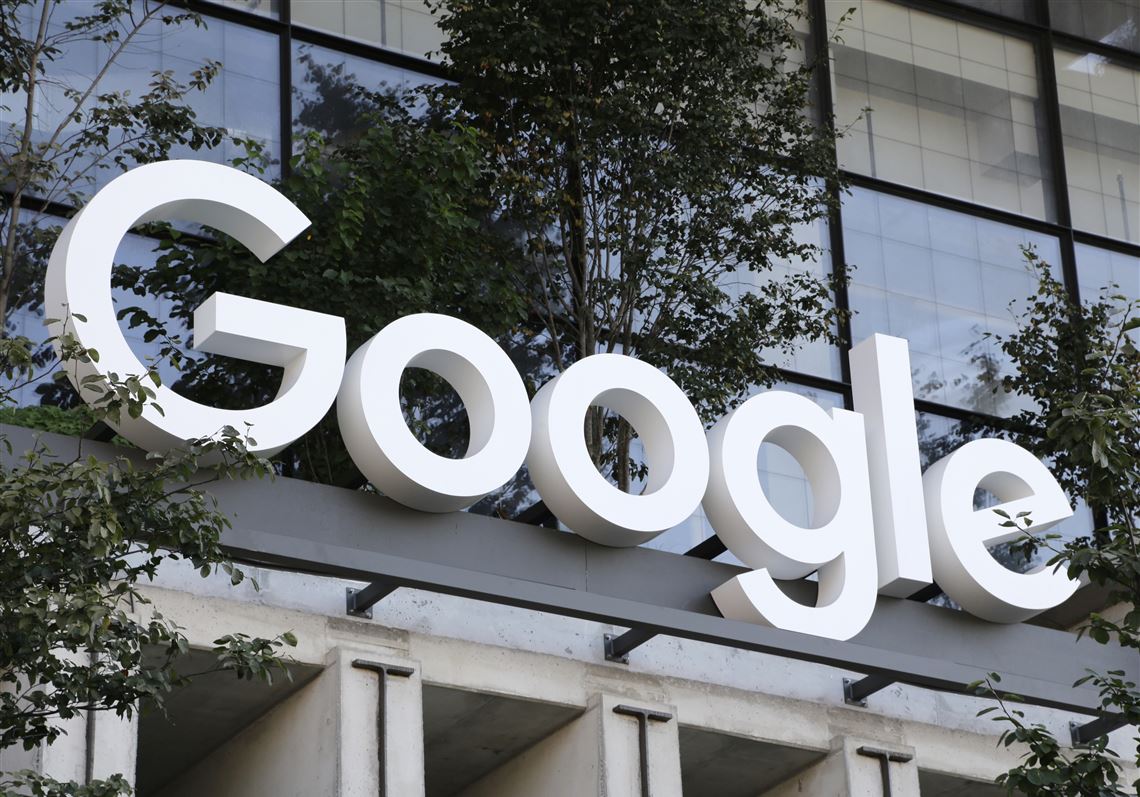Google’s Digital Ad Network Ruled an Illegal Monopoly, Escalating Antitrust Pressure on Tech Giant
In a landmark ruling that further intensifies scrutiny of Big Tech, a U.S. federal court has declared Google’s digital advertising network an illegal monopoly, marking a significant blow to the company’s core business model. The decision places Google’s ad empire alongside its dominant search engine in the regulatory crosshairs, as authorities crack down on alleged anti-competitive practices across the tech sector.
The ruling, issued by a federal judge following an extensive antitrust investigation, concludes that Google unlawfully stifled competition in the online advertising market by leveraging its control over key segments of the ad tech supply chain. According to the court, Google used its dominance to manipulate ad pricing, prioritize its own services, and suppress rivals—ultimately harming advertisers, publishers, and consumers.
“Google’s stranglehold on the digital ad ecosystem cannot be justified by innovation or consumer benefit,” the court stated. “This is a clear abuse of market power that undermines the integrity of fair competition.”
The ruling follows a lawsuit filed by the U.S. Department of Justice (DOJ) and several state attorneys general, accusing Google of monopolistic practices in digital advertising. The DOJ argued that Google acquired competitors, manipulated ad auctions, and forced publishers to use its proprietary tools—all tactics that solidified its control over the $600 billion global digital ad industry.
This marks the second major antitrust strike against Google in recent years. The company is already under intense legal pressure over its search engine’s dominance, with regulators accusing it of maintaining a search monopoly through exclusive contracts and pre-installed software on mobile devices.
Together, the twin cases represent one of the most comprehensive legal challenges to Google’s market power in its 25-year history.
In response, Google has denied any wrongdoing and vowed to appeal the decision. “We disagree with today’s ruling and believe that our advertising tools have increased transparency and lowered costs for publishers and advertisers,” a company spokesperson said.
Industry experts say the ruling could lead to sweeping changes in the digital advertising landscape. Potential remedies may include breaking up parts of Google’s ad tech stack, requiring the company to divest certain assets, or mandating structural changes to ensure fair market competition.
Consumer advocacy groups have hailed the decision as a long-overdue step toward tech accountability. “This is a win for small publishers, advertisers, and internet users who’ve been paying the price for Google’s unchecked dominance,” said a representative from Public Knowledge, a digital rights organization.
As the case progresses toward possible appeals and enforcement measures, the outcome could have ripple effects across the global tech industry, signaling that the era of lax oversight for Silicon Valley giants may be coming to an end.
Source : Swifteradio.com


